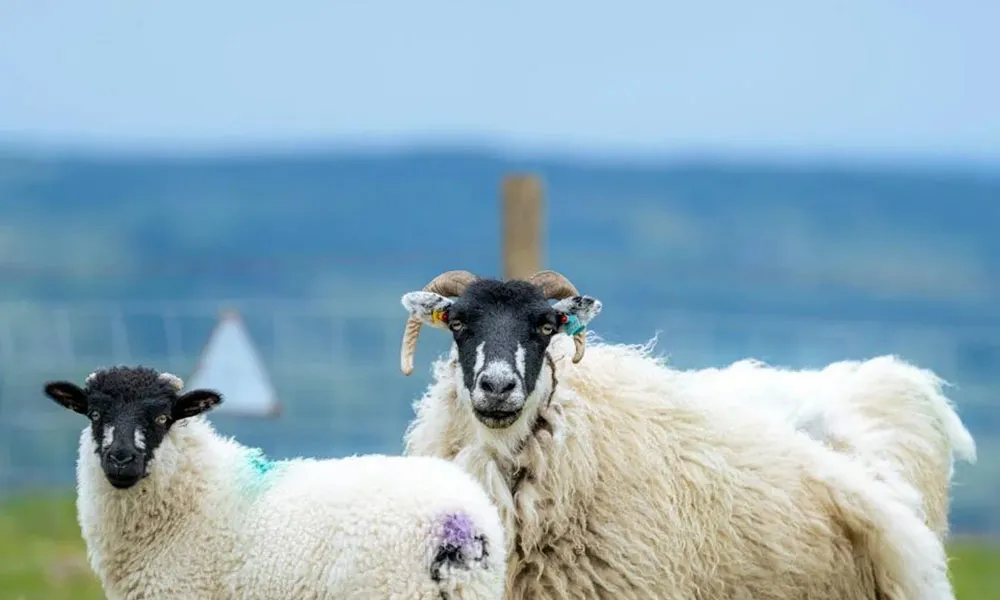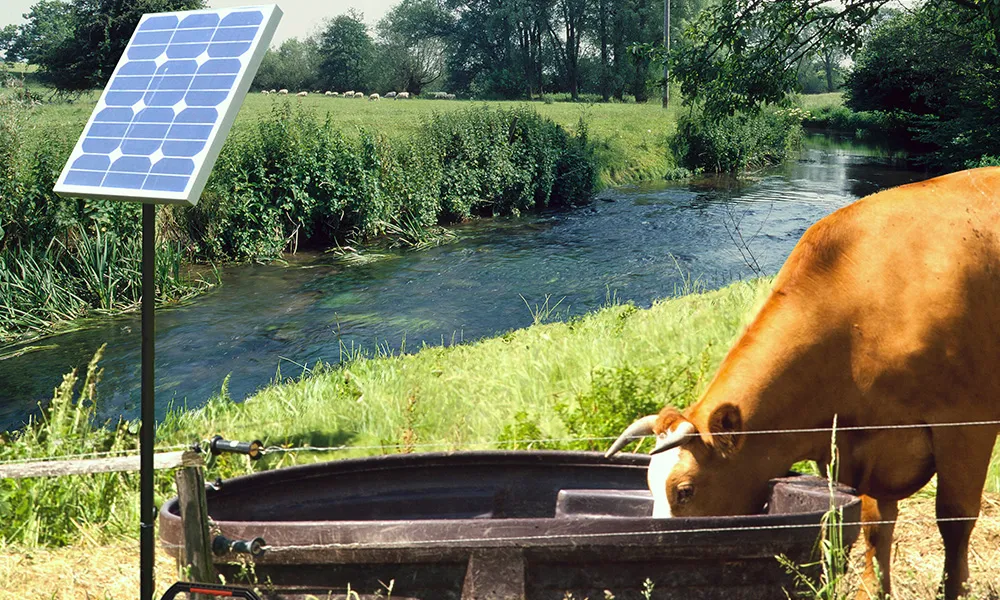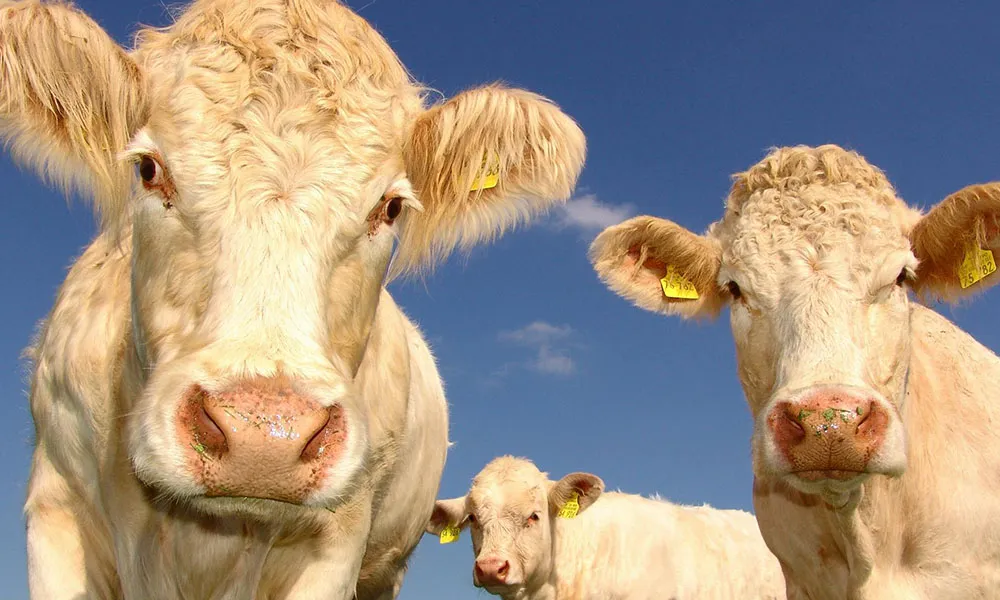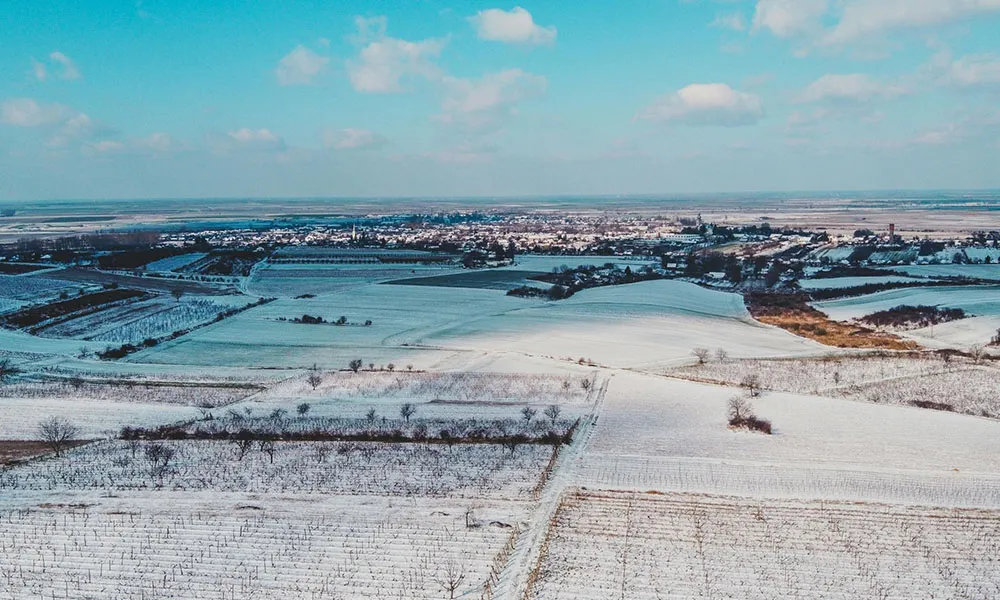
Crime in Rural areas continues to be a difficult and worrying issue for country dwellers.
Rural crime has not reduced in the past few years and we are being told by many media outlets that rural crime is actually on the increase.
These fear headlines are always popular in terms of selling papers, but do the facts actually point to an increase in threats to people living in the more isolated areas. Reports from the Gardai cite two or three criminal families as being responsible for a large proportion of the thefts and burglaries around the country.
Despite this important piece of intelligence, the statistics for rural crime do show a significant increase. According to Irish Rural Link’s Chief Executive Seamus Boland, “the crime statistic figures are very serious and continue to rise and needs to be addressed by government. As the number of crimes continues to rise so does the fear among rural communities.” He said that IRL continues to campaign for a modern rural policing system that protects rural communities, "especially the most isolated of its residents. "Boland also highlighted the need for greater co-ordination between communities and An Garda Síochana to reduce the risk of crime.
The Irish Cattle and Sheep Farmers Association (ICSA) is conducting a study on the subject, in partnership with Kathleen Moore Walsh, law and criminology lecturer, Waterford Institute of Technology and Louise Walsh, accounting and economics lecturer, WIT. The survey invites farmers and rural dwellers to contribute information which could ultimately help combat agricultural crime. It will focus on losses in all areas of farm life, plus income and tax implications for victims. It will be a much needed survey which will give a clearer view and valuable insight into the true nature extent and implications of all agricultural crime. The findings will be of great benefit in combatting this type of criminal activity.
The rural community is very vulnerable when it comes to crime, due to the closures of police stations and geographical isolation.
Many rural and agricultural crimes are unreported. Macra na Feirme conducted a survey with some 246 young farmers and report that almost half of them had been directly affected by the issue.
The text alert systems appears to works well in some areas although it relies on vigilance amongst the local community who share reports on the appearance of strange vehicles and unusual activity.
However, the slow or low response level of Garda to complaints has been criticised by all of the farming organisations. Trespass, animal theft, machinery theft and house burglary are all very real problems facing the farming community. We can all take steps to protect our property and farms. The good old family sheep dog is probably the best alarm you can have.
However, in all of this bad news, we must not lose sight of our hospitable nature and our friendly reputation. Being vigilant to stranger danger should not make us lose who we really are.
Following the advice on averting rural crime on the websites of all of the farming associations and insurance companies will go a long way to peace of mind.
A CCTV installed by a reputable company will ensure that criminals will be deterred from action.
Locks, good gates and signs warning of monitoring systems will help.
One of the worse effects of rural crime is the impact on victims.
Many living alone can be left feeling vulnerable and in fear.
We must look after our elderly neighbours as well as our own properties.
Rural crime may be on the increase, but our fear must not match its march.
Let us put in place all deterrents and barriers and make their lives more difficult while ensuring that we country dwellers don’t lose the very hospitality that makes us unique.










